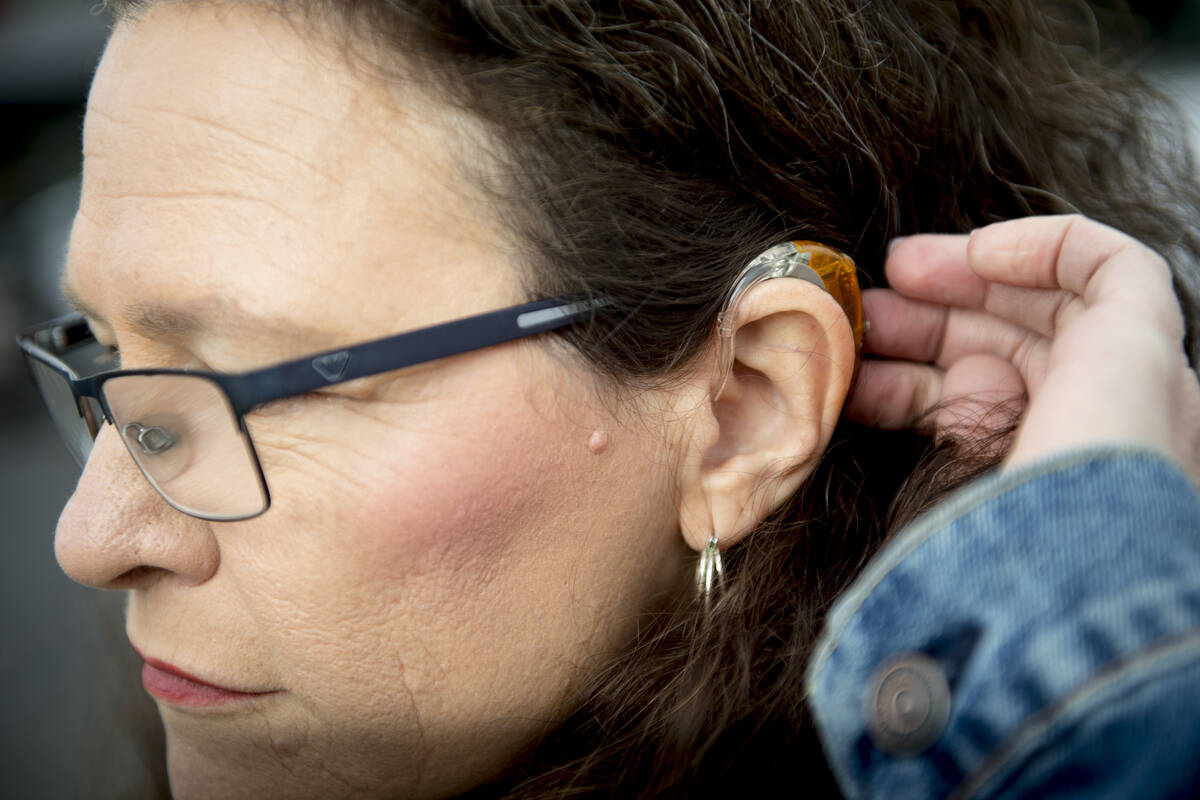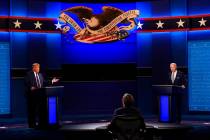EDITORIAL: Hearing aids, protectionism and federal regulations
For a case study in how the regulatory state too often promotes protectionism under the guise of safety, consider the hearing aid market.
On Tuesday, the Food and Drug Administration finalized a rule paving the way for over-the-counter sales of hearing aids, previously available only by prescription. The move is expected to greatly expand the market while driving down prices for the devices, which can cost thousands of dollars and are typically not covered by Medicare or private insurance.
“Thanks to the advent of smartphones and other advances in consumer electronics,” The Atlantic noted in June, the over-the-counter products “will cost perhaps as little as one-tenth as much as their prescription counterparts.”
The move is a case study in bipartisanship. As president, Donald Trump in 2017 signed legislation sponsored by Democrat Elizabeth Warren and Republican Chuck Grassley ordering the FDA to establish standards by 2020 for widespread sales of hearing aids. The proposal passed unanimously in the House and with one lone “nay” vote in the Senate.
This is a wonderful step forward, particularly for the many seniors who have hearing trouble yet aren’t eager to shell out $6,000 for a workable set of devices. If only President Joe Biden would embrace a similar approach to deregulation in other areas of the marketplace.
But why the prohibition against over-the-counter hearing aids — not to be confused with less expensive and less effective personal amplification products — in the first place?
Turns out, according to The Wall Street Journal, 84 percent of the market is controlled by four manufacturers that insist store-bought hearing aids represent a public health threat. For decades, they’ve managed — thanks to compliant regulators — to stifle competition and maintain their oligopoly. The idea that over-the-counter hearing aid sales would endanger consumer health is malarkey. These aren’t prescription drugs, for goodness sake.
“The only way you’re going to die from using a hearing aid,” Stephanie Czuhajewski, executive director of the Academy of Doctors of Audiology, told The Atlantic, “is if you eat it.”
It took the FDA longer than necessary to act, but a victory is a victory. Hearing loss is associated with many ailments, including dementia, as those who are afflicted often withdraw into isolation. Paving the way for a robust market in hearing aids will drive down costs and enhance the quality of life for millions of Americans. The regulatory status quo, as is so often the case, served to accomplish only the opposite under the pretense of protecting senior citizens. Good riddance.




























